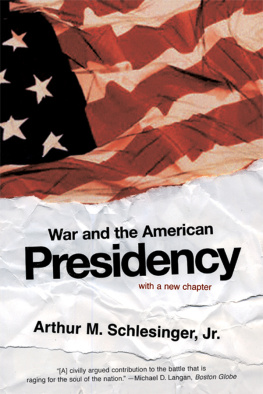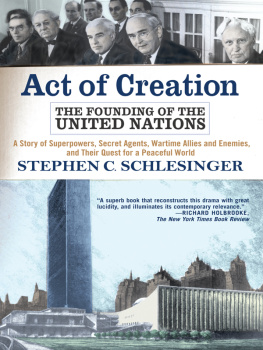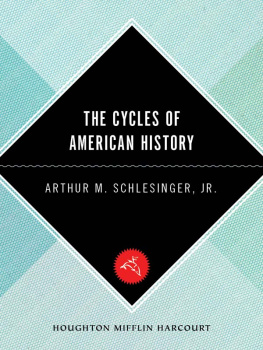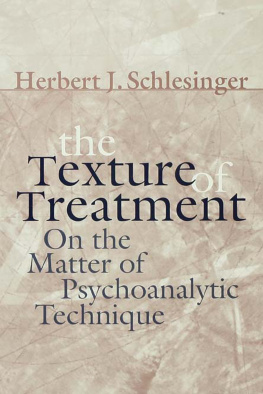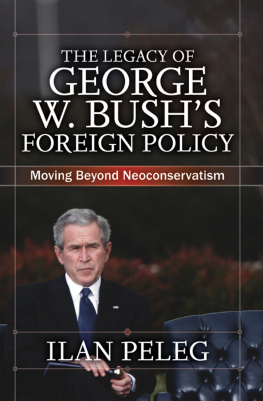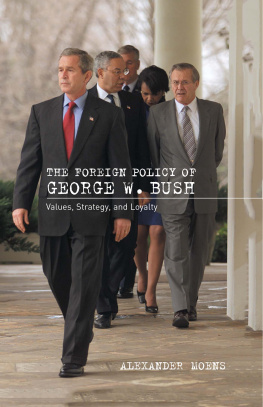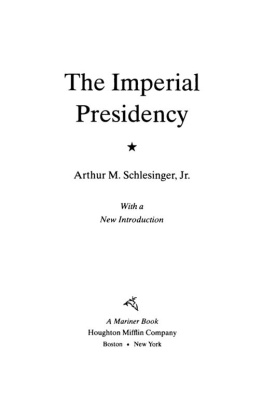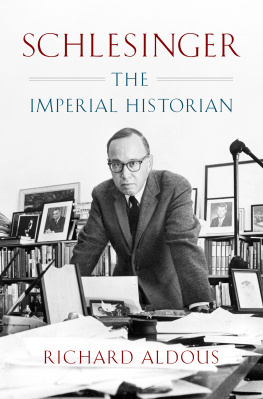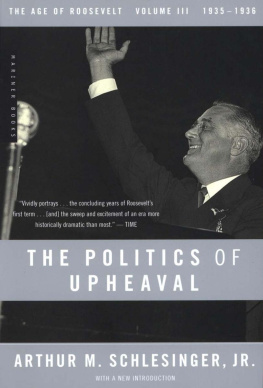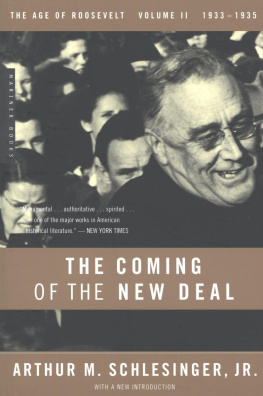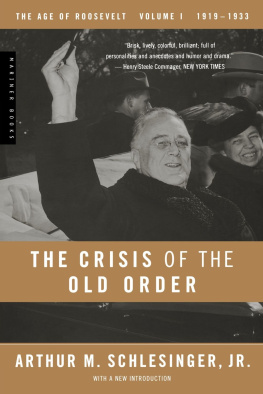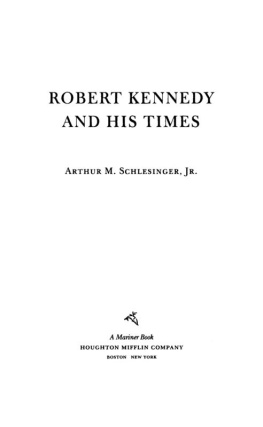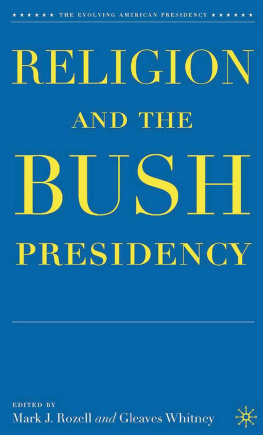
WAR AND THE
AMERICAN
PRESIDENCY

Arthur M. Schlesinger, Jr.

To William vanden Heuvel,
wise, loyal, and generous friend
CONTENTS
[A] humane and powerful book.
James Chace, New York Review of Books
Arthur M. Schlesinger, Jr., the dean of American historians and an active Democrat, published his first book in 1939. This slim, gracefully written new volume demonstrates that he is still going strong.... Instead of polemicizing, he provides valuable historical information and analyses that he hopes will raise the discussion to a higher level.
William L. ONeil, New Leader
This elegant and learned little book... offers a luminous and provocative guide for the perplexed in times of war.
Josef Joffe, Washington Post Book World
Provocative... a typically erudite history and an impassioned argument against President Bushs concept of preventive war.... Readers across the political spectrum will find much to admire in Schlesingers scholarship and writing style.
Teresa K. Weaver, Atlanta Journal-Constitution
Schlesinger draws on familiar historical material to provide entry points for exploring the relationship between Iraq and our national past.... To these lights he exposes the current occupant of The Imperial Presidency.
New York Times
A vigorous lesson about the peril of keeping an arrogant moralist in the White House.
Michael Kazin, The Nation
If you want a cogent, highly learned and historically erudite presentation of the case against President George W. Bush, this short but meaty essay by Arthur Schlesinger, Jr., is just what the (non-spin) doctors ordered.
Joseph Losos, St. Louis Post-Dispatch
A thoughtful book by a man who speaks not only with weighty scholarly authority, but also with the heft of one who has actually served in government. War and the American Presidency is a worthy capstone to a long and distinguished career.
Ross K. Baker, Trenton Times
Scholars of the U.S. presidency and U.S. foreign policy owe Schlesinger a debt for his timely volume on presidential power and the Bush presidency. Schlesinger, incisive and eloquent as always... places the Bush doctrine and the war against Iraq in historical context, tracing the evolution of presidential power and U.S. national security doctrine from the earliest presidencies to the Bush presidency.
W. W. Newmann, Choice
Americans debating the war in Iraq might welcome a little historical perspective provided by one of the nations great historians. Arthur Schlesinger, Jr., eagerly obliges with good food for thought on how war has affected the presidency over the last 200 years.
J. Michael Parker, S an Antonio Express-News
The dean of American historians is angry.... [A] series of spry meditations on the presidency, the subject to which [Schlesinger] has devoted more than six decades of close attention. As with all previous works by Schlesinger, it is deeply informed and moves effortlessly between different epochs.... Signals that Schlesinger has reached a boiling point that even McCarthyism and Vietnam failed to bring him to. This impassioned jeremiad should be read by anyone wondering how American history fits with the perplexing problems of the present and a world that seems to grow more hateful by the day.
Ted Widmer, Chicago Tribune
Orestes A. Brownson: A Pilgrims Progress (1939)
The Age of Jackson (1945)
The Vital Center (1949)
The General and the President , with Richard H. Rovere (1951)
The Age of Roosevelt: I, The Crisis of the Old Order (1957)
The Age of Roosevelt: II, The Coming of the New Deal (1958)
The Age of Roosevelt: III, The Politics of Upheaval (1960)
Kennedy or Nixon: Does It Make Any Difference? (1960)
The Politics of Hope (1963)
A Thousand Days: John F. Kennedy in the White House (1965)
The Bitter Heritage: Vietnam and American Democracy (1966)
The Crisis of Confidence (1969)
The Imperial Presidency (1973)
Robert Kennedy and His Times (1978)
The Cycles of American History (1986)
The Disuniting of America (1991)
A Life in the Twentieth Century: I, Innocent Beginnings (2000)
The Iraq War has provoked, or inspired, many excellent books on urgent subjects: the war itself; how we Americans got into it; whether or not we should have got into it; the cast of characters who got us into it. Instant history is useful, and the resulting rebuttals and surrebuttals will produce valuable evidence for future historians.
I believe that the relationship between the Iraq adventure and the national past is also essential to explore. The historical dimension, somewhat neglected in the instant history archive, is indispensable to an understanding of current crises and helpful in clarifying the choices we must make in dealing with them. This book is intended to supply historical background for recent developments and debates in U.S. foreign policy.
Whether we are aware of it or not, the national past colors our reactions to the present. No one is a tabula rasa . Americans are molded by ideas and events they have long since forgotten or never heard of. Our ancestors confronted their own crises and mostly resolved themat least the republic has survived. Their experience is not irrelevant to our concerns and predicaments.
History pervades the making of decisions. The policy that we now call unilateralism is as old as the republic. Laid down by George Washington and Thomas Jefferson, it guided statesmen for more than a century and is still in the DNA of many Americans. But times change. Given the shrinking world and the increased vulnerability of the United States, Woodrow Wilson and Franklin D. Roosevelt came to the conclusion that the national interest called for processes and institutions of collective security.
No one thought that the United States should turn over its national security to multilateral organizations, but collective security seemed a sensible approach to a volatile world. The elder President Bush, for example, regarded multilateralism as a good thing, as he demonstrated in the first Gulf War. The younger President Bush, however, has unfurled the historic banner of unilateralism.
And George W. Bush has given unilateralism an unprecedented twist. The Bush Doctrine embraces preventive war as the basis of U.S. foreign policy. It downplays containment and deterrencethe combination that won us the Cold War. Since we arrogate to ourselves the exclusive right to wage preventive war, we ignore the dark warning of Secretary of State John Quincy Adams against going abroad in search of monsters to destroy. Such a course, Adams said, might make the United States the dictatress of the world. She would no longer be the ruler of her own spirit. Given the Bush administrations purposeful drive toward domination of the world, Adams would not have been at all surprised by the wicked things Americans did at Abu Ghraib.
When we initiate war unilaterally, we set the republic up as the worlds judge, jury, and executioner. The direct consequence is that never before in American history has the United States been so feared and hated by the rest of the world.
And it all goes for naught: President Bush has rendered the Bush Doctrine obsolete. That doctrine requires near-perfect intelligence about the enemys intentions and capabilities. Its first application to Iraq shows that our intelligence agencies have a damned long way to go in the quest for accuracy. The credibility gap opened up by the failure to find weapons of mass destruction in Iraq makes a second application of the Bush Doctrine very unlikely. Remember the boy who cried wolf.
Next page
